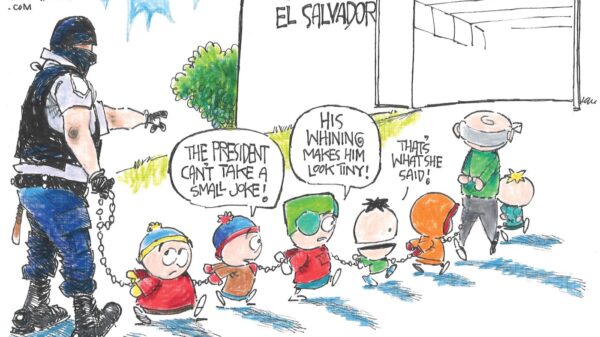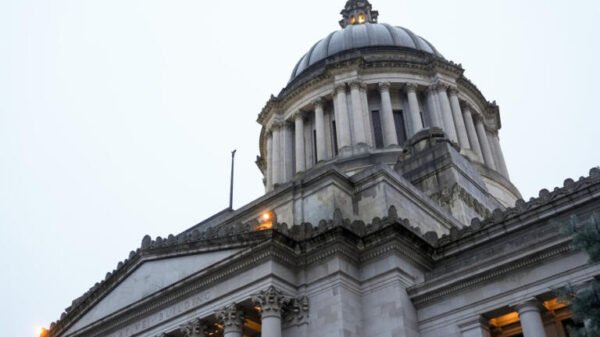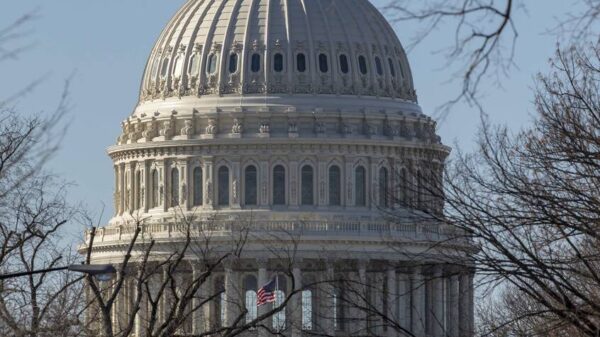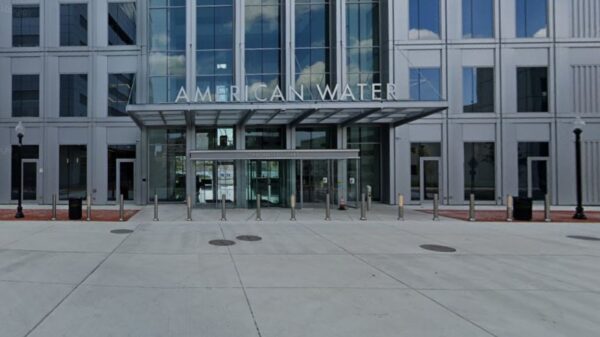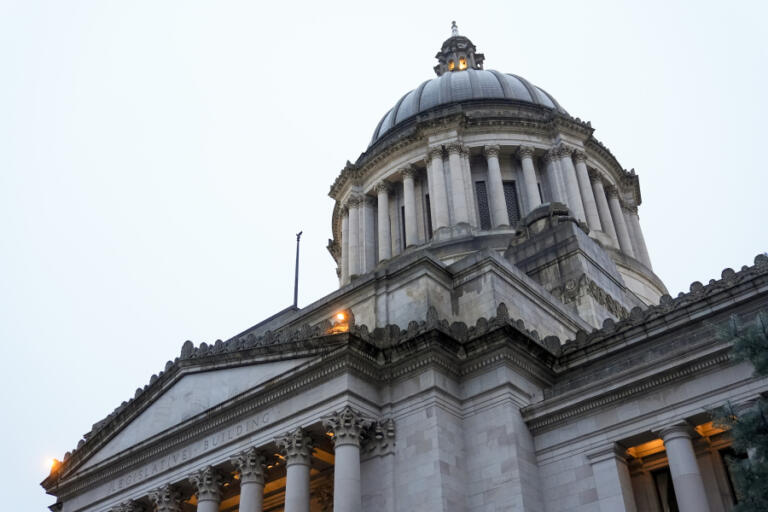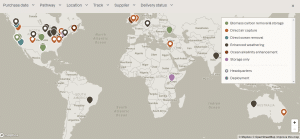A comprehensive set of new laws went into effect in Washington on the 90th day following the adjournment of the state Legislature. These laws range from regulations on medical debt to provisions for public spaces and animal welfare. Lawmakers, who had been focused on addressing a significant estimated budget deficit, managed to pass over 400 bills despite introducing nearly 2,000. The new legislation is set to impact various aspects of daily life for Washington residents.
Key Legislative Changes
One of the notable pieces of legislation is House Bill 1515, which allows larger outdoor public spaces to be utilized for dining and beer gardens. Sponsored by Rep. Julia Reed from Seattle, the bill aims to enhance public experiences during major events, including the upcoming FIFA World Cup in 2026. The legislation will facilitate road closures to create more expansive outdoor dining areas in neighborhoods like Ballard, thus allowing for a more enjoyable experience for residents and visitors alike. This law is set to expire at the end of 2027.
In a significant move regarding financial health, Washington has enacted a law that bans health care providers from reporting medical debt to credit agencies. This decision is expected to have a profound effect on the financial well-being of many residents. According to the Consumer Financial Protection Bureau, medical debt is the leading source of reported debt that can hinder individuals from renting apartments, purchasing vehicles, or securing employment. Surveys from the Kaiser Family Foundation indicate that approximately 6.5 percent of Washingtonians, equating to around 380,000 people, currently carry medical debt with a median amount of about $1,350.
Education and Public Amenities
Another significant legislation change extends special education services for students with disabilities. Previously, such services were available until age 21; the new law will now provide support until the end of the school year when a student turns 22. This amendment was requested by Washington State Superintendent Chris Reykdal after the state was found to be non-compliant with the Individuals with Disabilities Education Act. The law aims to ensure that students with disabilities continue to receive appropriate public education.
For families with young children, a law mandating diaper changing stations in newly constructed public buildings has been introduced. Existing public facilities must also add changing stations if renovation costs exceed $15,000. At least one changing station must be available in both men’s and women’s restrooms or in gender-neutral facilities. This requirement aligns with similar legislation that has been in effect for federal buildings since 2016.
In matters of animal welfare, Washington has broadened existing animal cruelty laws. Although cockfighting has been illegal since 1901, the new law further expands definitions of animal fighting and increases penalties for those involved. Convictions related to animal mutilation will lead to permanent bans on animal ownership for offenders. The law also imposes stricter consequences for individuals who neglect animals or instigate cruelty.
These legislative updates reflect a concerted effort by Washington lawmakers to address pressing social issues while navigating a challenging budget landscape. As these laws take effect, they are expected to create significant changes in public health, education, and community standards throughout the state.

